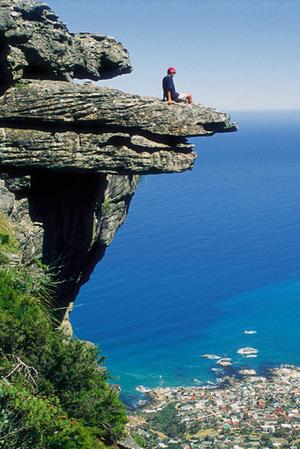
Geology is the study of the Earth - how it works and especially its 4.5 billion-year history. Geologists study some of society’s most important problems, such as energy, water, and mineral resources; the environment; climate change; and natural hazards like landslides, volcanoes, earthquakes, and floods. There is currently a global shortage of well-trained geoscientists and the demand is growing. If you like science, care about the Earth, are fascinated by the natural world, and like working outdoors, consider geology.
Geologists work in a variety of settings. These include: natural resource companies, environmental consulting companies, government agencies, non-profit organizations, and universities. Many geologists do field work at least part of the time. Others spend their time in laboratories, classrooms or offices. All geologists prepare reports, do calculations and use computers.
Although a BSc degree is required for entry level employment, many geologists earn MSc and/or PhD degrees. The advanced degrees provide a higher level of training, often in a specialty area such as paleontology, mineralogy, petrology, hydrology, economic geology or volcanology. Advanced degrees will often qualify the geologist for supervisory positions, research assignments or teaching positions at the university level. These are some of the most sought after jobs in the field of geology.
Contact us to learn more about majoring in geology and career opportunities in the geosciences. We look forward to hearing from you!
Rocks are the records of events that took place at the time they formed. They are books. They have a different vocabulary, a different alphabet, but you learn how to read them.
- John McPhee